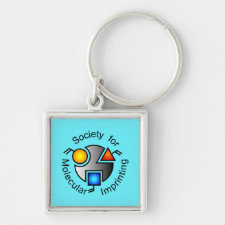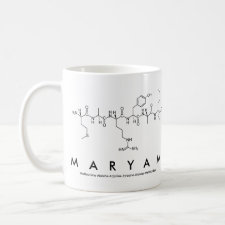
Authors: Ostovan A, Ghaedi M, Arabi M, Yang Q, Li JH, Chen LX
Article Title: Hydrophilic Multitemplate Molecularly Imprinted Biopolymers Based on a Green Synthesis Strategy for Determination of B-Family Vitamins.
Publication date: 2018
Journal: ACS Applied Materials & Interfaces
Volume: 10
Issue: (4)
Page numbers: 4140-4150.
DOI: 10.1021/acsami.7b17500
Abstract: A novel green synthesis strategy was proposed for preparation of multitemplate molecularly imprinted biopolymers (mt-MIBP) in aqueous media with less consumption of organic solvents, which were subsequently used as sorbents of ultrasound-assisted dispersive solid-phase extraction (d-SPE) for simultaneous recognition and efficient separation of B-family vitamins in juice samples, followed by high performance liquid chromatography (HPLC) determination. The obtained mt-MIBP was fully characterized by SEM, FT-IR, TEM, and BET. It offered high binding capacity, good selectivity, and fast dynamics toward all the templates. Involved parameters in the d-SPE efficiency such as mt-MIBP mass, sonication time, and eluting/washing solvents' types and volumes were concurrently investigated by central composite design with rapidity and reliability. Under the optimum conditions, the developed mt-MIBP-d-SPE-HPLC method exhibited wide linear range, low limits of detection and quantification (LOQs) within 1.2-5.5 μg L-1 and 4.0-18.4 μg L-1, respectively, and appropriate repeatability (relative standard deviation values below 4.2%, n = 4). The high selectivity of this method makes it suitable for successful monitoring of vitamins in juice samples with satisfactory recoveries of 75.8-92.7%, 81.1-92.5%, and 84.7-93.8% for vitamins riboflavin (B2), nicotinamide (B3), and pyridoxine (B6), respectively. The present study implied highly promising perspectives of water-compatible eco-friendly mt-MIBP for highly effective multiresidue analysis in complicated matrixes
Template and target information: multitemplates, B-family vitamins, riboflavin, vitamin B2, nicotinamide, vitamin B3, pyridoxine, vitamin B6
Author keywords: Dispersive solid-phase extraction, Experimental design, Green synthesis, Molecularly imprinted polymers, multitemplate imprinting, vitamins



Join the Society for Molecular Imprinting

New items RSS feed
Sign-up for e-mail updates:
Choose between receiving an occasional newsletter or more frequent e-mail alerts.
Click here to go to the sign-up page.
Is your name elemental or peptidic? Enter your name and find out by clicking either of the buttons below!
Other products you may like:
 MIPdatabase
MIPdatabase









